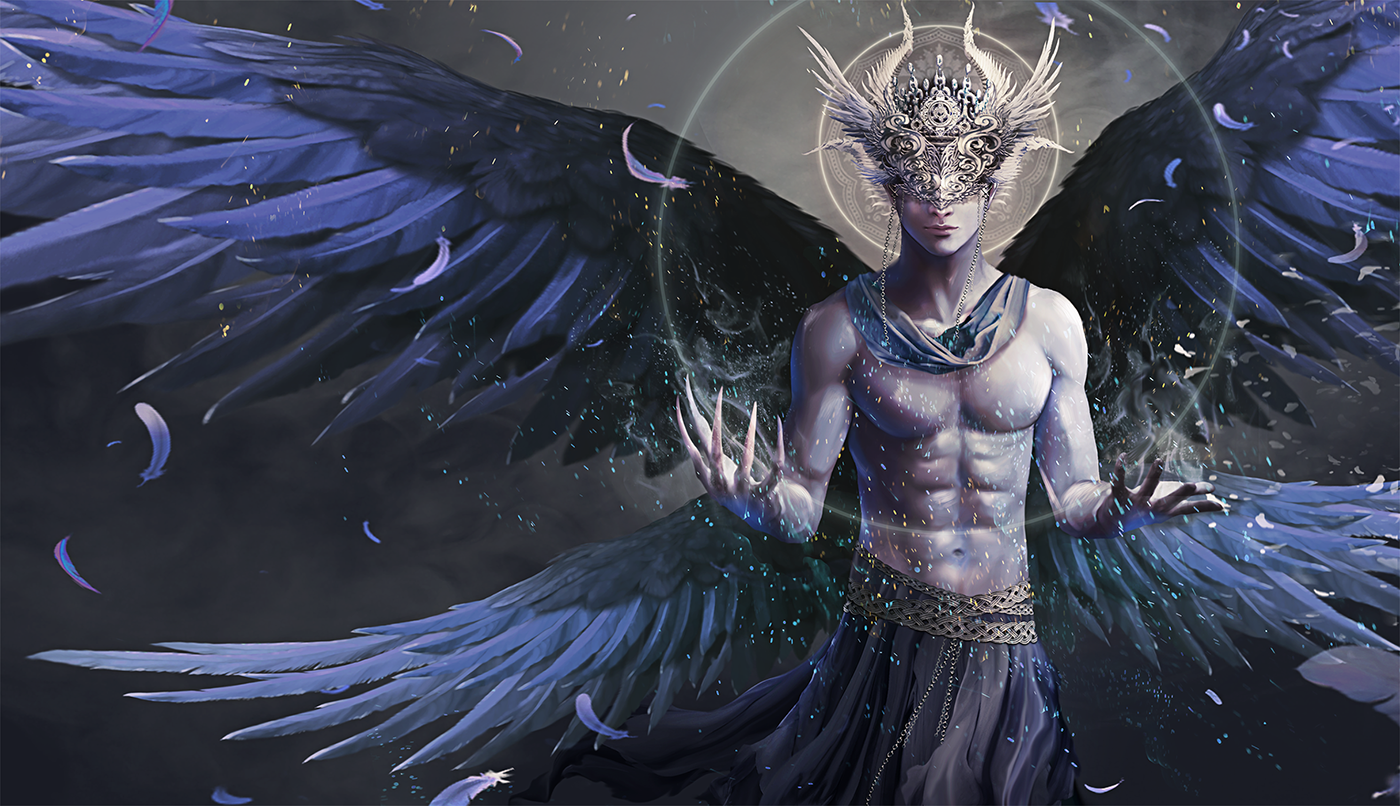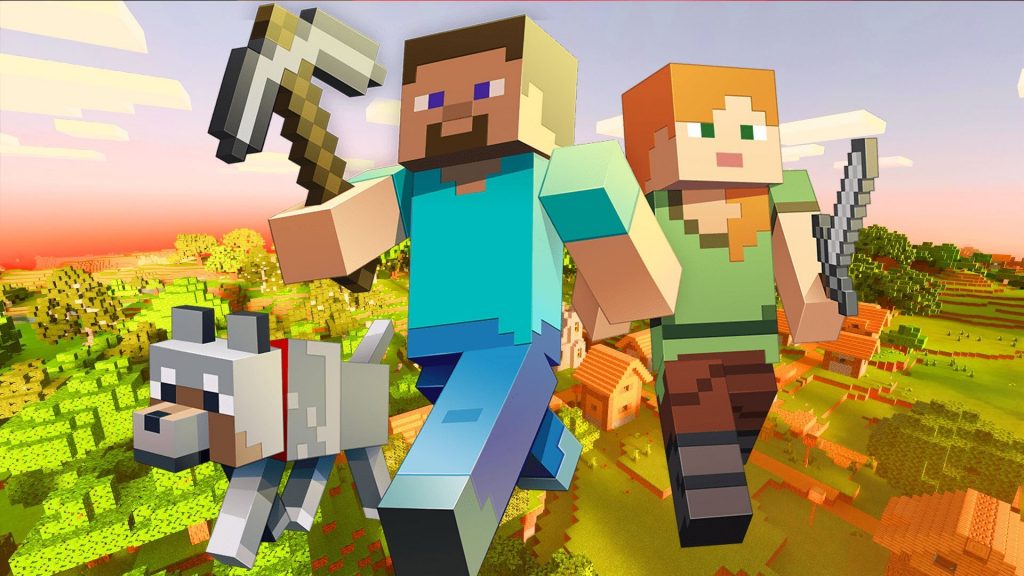When we give up pretending that we are the Defined Self we also give up all our purposes. We might still have nominal purposes (i.e. ‘things that we aim at’) but the difference is that we no longer invest in them. We are no longer attached to them. The reason we invest in our goals or purposes is because they are projections of ourselves which we mistakenly take to be external values, but when there is no defined or fixed self there can be no projections of that self. Attachment simply can’t occur then.
When we give up pretending to be the Defined Self we also give up its purposes, its goals and this goes beyond ‘purposes’ as we would ordinarily understand the word. All of our ideas about the world, all of our judgments about the world, go too. ‘All thoughts are judgements’, Eckhart Tolle says, and so without that particular thought which is the Defined Self there can be no judgments. ‘Judgments’ are the Defined Self’s projections – they are the enclosing shadows of something which we think is there, but which isn’t. Our ‘judgements’ are what creates samsara.
This is a much bigger deal than we might initially imagine it to be – when we perceive the world all we perceive are our arbitrary judgments about it and so to give up pretending to be the Defined Self is also to give up the reassuringly solid world that this arbitrary mind-created identity constructs around itself. The DS and the reassuringly solid world which it lives in are inseparable, after all – they are inseparable because they are the same thing, as we have been saying.
When we talk about agency what we are talking about is ‘our ability to conceived goals and then effectively achieve them’, which is another way of talking about our ability to engage in purposeful behaviour. This doesn’t just involve the mechanics of the behaviour, it also involves the motivation or keenness that we experience with regard to proceeding with these mechanics, which in turn – needless to say – comes down to the belief that we are what we are doing is meaningful and worthwhile. It also comes down to the belief that we have that the one engaging in the purposeful behaviour is somehow separate from, or independent of, that behaviour (which is also the belief that the goal is something different or distinct from the one who seeks to realize it).
Because purposeful behaviour is so highly valued in our culture, the belief in ourselves as having agency in whatever situation it is we might find ourselves in is regarded as a key ingredient, a key aspect of our mental health. The reasoning here is clear enough but, if it is true that our purposes or goals are projections of the static position that we have identified with as being ‘us’, this throws an entirely different light on the matter. It throws an entirely different light on the matter because there can’t be any such thing as ‘volition’ or ‘agency’ in this case. The ‘abstract, mind-created simulation of who we are’ cannot possibly have any volition, cannot possibly have any agency. The copy can’t possibly have any agency.
There is no such thing as ‘volition’, no such thing as ‘agency’, for the everyday self. There is no such thing as volition or agency for the everyday self because the outcome we are striving to achieve is inherent in our starting-off position. No ‘agency’ needs to be invoked in this case because there is nothing new or different that is being brought about; we not instigating some change of course, we’re simply continuing in the same direction – we are ‘coasting on our own momentum’ and that can’t really be called ‘agency’. It’s not anything of this sort, it’s inertia that is being given a fancy name, it’s inertia that has been rebranded as ‘choice’.
Likewise with our presumed ‘volition’, if we have been set up to want whatever it is that we want (so that we never really had any choice about it) then this – very clearly – isn’t anything to do with what we claim to be ‘free will’. It’s nothing but mechanics, it’s just ‘the machine doing what the machine does’ and when a machine does what it does there’s nothing ‘volitional’ about this! This can’t be called ‘motivation’ – we can’t say that a potato peeler is motivated to peel potatoes, for example, or that an air-conditioning system is motivated to pump out cool air. In the Mechanical Realm all possible developments, all possible future states, are inherent in the starting-off position and so any talk of ‘volition’ is profoundly deluded. We’re ‘servants of the inertia‘, that’s all…
To make having ‘a sense of agency’ into the cornerstone of good mental health isn’t really going to get us very far, therefore; it’s no good us factoring in this thing called ‘self-efficacy’ into our equations because it doesn’t exist. Actually, if we were to have the experience of perceiving ourselves to have zero agency in our everyday life and to perceive it to be the case that external mechanical forces are acting through us, so as to cause us to behave or think in certain specific ways, then this will be taken as a first rank symptom of major mental disorder. If we had the mind to do so however, we could look at things the other way around and point out that it is our usual situation which is the disorder. It’s a disorder because it’s based on a delusion.
Just as the mechanical or thought-created self can’t have any genuine volition (or free will) doesn’t mean that there isn’t such a thing as freedom however – there is freedom, but it cannot be partaken in by the mechanical self. This would, after all, be a contradiction in terms! The mechanical self can never know freedom because it is the outcome of rules and because the world it lives in is the outcome of rules. Everything thought gives rise to is the outcome of a rule, the outcome of a mechanical deterministic process, and so ‘the self our thoughts says we are’ is unfree just as everything that it does, says or thinks is unfree. We become free not by playing the meaningless, repetitive game that thought has presented us with, but by going beyond it. Going beyond the game means going beyond both beyond the self we think we are, and the world we think we live in. It means being ‘creative’, or – as we could also say – it means being actually original. Only the original can be free, but the original doesn’t ‘persist in time’ (it doesn’t copy itself, in other words).
There are only the two things in life, we might say – one being where we are ruled by our inertia and therefore spend all out time doing and thinking what we did and thought already (as if that were a sacred formula that we must ever break with) and living the life that has been ‘passed on’ for us to live, and the other being where we are actually creative (rather than copying everything out of the playbook, out of the script). Everything is either ‘copying’ or ‘creating’ therefore, and the thing about creativity is of course that it has nothing to do with ‘coming out with what we always were going to come out with’, which is the Mechanical Realm is all about, which is what society is all about. This is radical revolution therefore, which is the only type of revolution that counts, as Krishnamurti indicates. The key thing about the creative or unprogrammed act is however that it isn’t carried out via the operation of so-called ‘personal agency’ – it happens, but no one (no self) says it should. The controller can never be separate from its controlling, but the spontaneous act has no author…
Image – wallpapers.com






